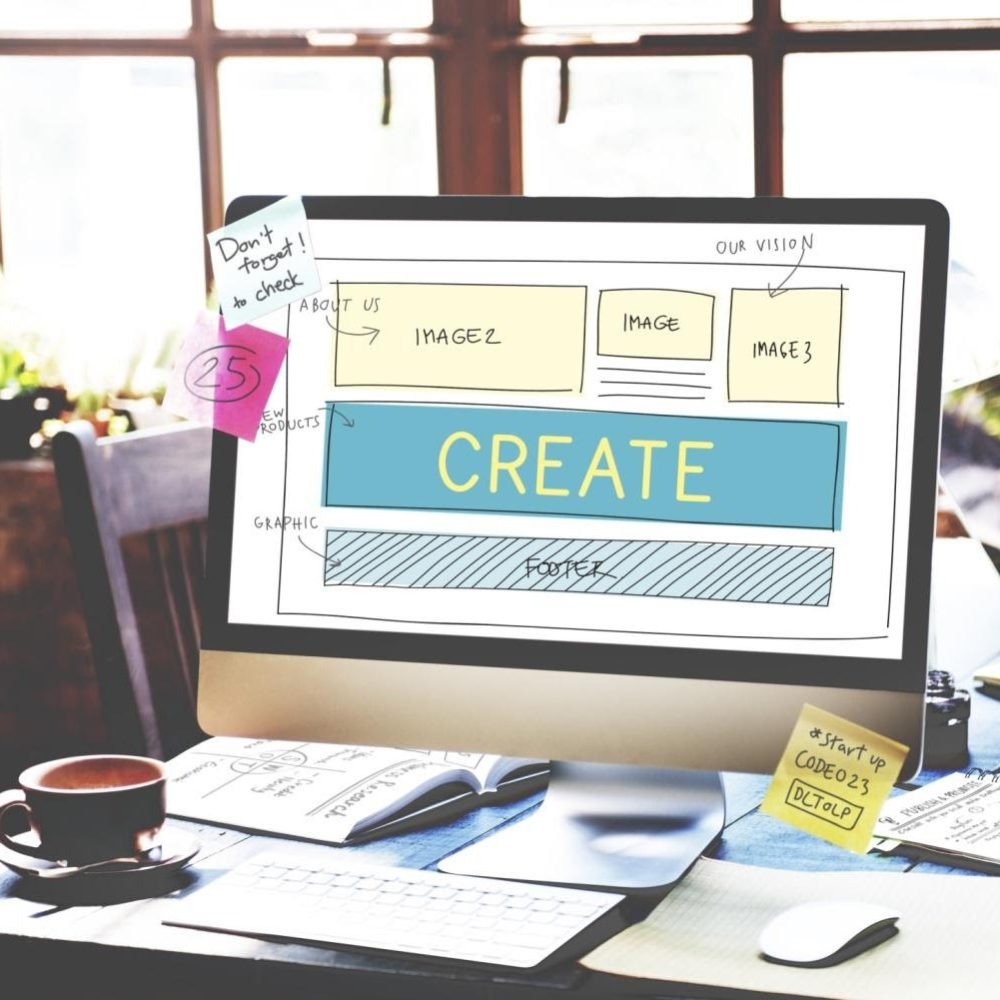
The power of any website today lies in its visuals. The reality is that your average client shops with their eyes first, then reads any type of text, second — if at all. As a realtor, this means the look and functionality of your website are exceptionally important.
Not only this, but you want your website to bring in the best possible traffic, i.e. buyers who are serious about the homes you have on offer. There are certain fundamentals any real estate website should offer. To learn more about successful real estate web design, this blog is for you.
- Your Real Estate Web Design Must Include Useful Information
If you think about it from the point-of-view of a potential client, they are visiting your website to learn more about the properties you have on offer. Not just to look at pretty pictures.
While top-quality photos are crucial for your web design (more on that soon), the information you provide is just as important. Think of your website as an extension of the services your offer in person. It should contain all the pertinent information a client may ask if you were showing them around a property yourself.
- Use High-Quality Imagery Shot by a Professional
In today’s day and age, millennials comprise a huge percentage of potential homebuyers. In recent years, up to 99 percent of these millennials began their search for their dream home online. The top selling-point? Imagery.
It’s super important to showcase every listing with the best quality imagery. It should always be shot and edited by a professional and displayed in high-resolution. Anything less than this, and your website could look sub-par.
Instead of your clients having to click on each image to enlarge it, offer a slideshow that showcases the home from every angle. Another great aspect to add to your website is virtual video tours of each home, providing a thorough walk-through of the property.
- Always Offer Customizable Search Tools
Your clients don’t have the time or patience to scroll through every single property that’s listed on your website. Do them a favor and make the process streamlined, according to their specific needs and preferences.
Your website should offer customizable functionality when it comes to search queries. Your clients should be able to filter through their requirements and quickly find a home to suit their needs.
- Speedy Page Load Time
The same goes for the load time of your webpages. Your clients don’t want to have to wait for each image or webpage to load in its entirety. This will only increase your website drop-off rate and could even damage your brand perception.
Make sure each webpage loads within seconds. You have two-three seconds to maintain client interaction, and ideally, it should be under two seconds.
A good way to keep your website from slowing down is to avoid pop-ups. You should also work with a high-speed web host, and use a web designer well-versed in reducing page load time.
- SEO Optimized Web Content
If your website content is not optimized for today’s search engines, then why do you even have a website?
While web imagery is important, don’t forget that content is king. Search engines offer results based on a myriad of factors, but the most important is SEO optimized content for your industry niche and geolocation.
Looking to up Your Marketing Game?
There really is no special secret when it comes to successful real estate web design. It’s about getting the fundamentals right, and the rest will follow!
If you’re in the market for more information on marketing, finance, law, or career guidance, be sure to explore this site for more. By learning the ins and outs of marketing and business for your real estate business, how can you fail?